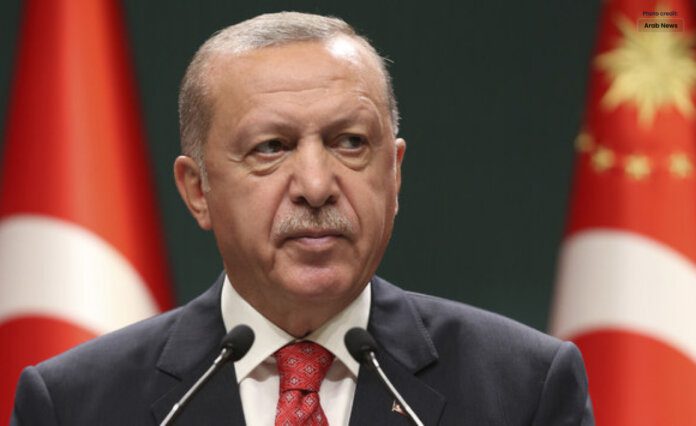Erdogan, Turkey’s president, in office for 20 years, political crisis.
Crises including large-scale demonstrations, accusations of corruption, a failed military coup, and an enormous number of refugees escaping Syria’s conflict.
The Turkish people and economy are currently suffering from exorbitant prices, and many are still getting over the disastrous tremor that hit the country in February, which got worse by the government’s tardy response.
Erdogan, a populist with growing authoritarian tendencies, faces opposition leader Kemal Kilicdaroglu in a runoff election on Sunday and is widely considered to be the favorite.
He narrowly lost the first round of voting. What, therefore, accounts for his durability and widespread appeal while having a weak hand?
Erdogan, has won the steadfast loyalty of conservative and religious allies principles in a nation that has characterized by democracy for almost a century, Erdogan, has won the steadfast loyalty of conservative and religious allies.
According to discussions with voters and analysts, many people appear to seek some stability rather than greater change, which may explain Erdogan’s popularity in the midst of the economic crisis.
He has reinforced his hold on government by using public funds for personal political gain, lavishly investing in infrastructure to appease voters and tightly regulating the media to stifle opposition.
By demonstrating that his nation has an independent streak and can flex its military as it deals with the East and West, he has also won over many Turks to his side.
He won 49.5% of the first round’s votes, four points more than social democrat Kilicdaroglu, who has been in charge of the country’s biggest opposition party since 2010. Erdogan also received a boost going into the runoff on Monday when the far-right contender who came in third place endorsed him.




